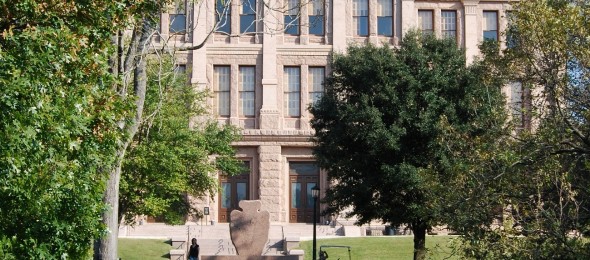The Supreme Court of Texas has held that a law firm did not waive its right to arbitrate a fee dispute with a former client after the firm sued one of its former associates who continued to represent the client after the associate left the firm. In Kennedy Hodges LLP v. Ventura Gobellan Jr. et al., No. 13-0321 (May 16, 2014), a man who was hurt in an accident at work, Gobellan, signed a contingency fee agreement with the law firm of Kennedy Hodges LLP related to his personal injury and other claims. A clause in the agreement stated Gobellan would be liable for the entire contingency fee if he terminated his representation by Kennedy Hodges without cause. It also contained an agreement to arbitrate any future disputes. After the contingency fee agreement was signed by both parties, a law firm associate, Canero Brown, was assigned to Gobellan’s case.
Brown later left the firm and took several clients, including Gobellan, with him. In response, Kennedy Hodges sued Brown for its share of the contingency fees Brown collected from a number of the law firm’s former clients. Although the contingency fees Brown collected from Gobellan were part of the case, Gobellan himself was not a party to the lawsuit.
After Gobellan won a $470,000 award against his former employer, Kennedy Hodges sued Gobellan over the agreed-upon contingency fee and pursued a no-answer default judgment in district court. The law firm then intervened in Gobellan’s case and sought to compel the fee dispute to arbitration. A trial court denied the firm’s motion to compel arbitration and held that Kennedy Hodges substantially invoked the litigation process when the firm engaged in discovery during its lawsuit against Brown. A court of appeals affirmed the decision and the law firm filed an interlocutory appeal with the Supreme Court of Texas.
The Texas Supreme Court reversed the conclusion of the appeals court by stating,
… Kennedy Hodges’s litigation conduct involved suing a third party with whom it had no arbitration agreement and filing limited pleadings against the Gobellans. Such activity did not substantially invoke the litigation process against the Gobellans or prejudice them. Thus, Kennedy Hodges did not waive its right to arbitrate its dispute with the Gobellans.
Because Kennedy Hodges did not substantially invoke the litigation process against Gobellan when the firm sued a former associate over legal fees collected from Gobellan and the law firm engaged in only limited pleadings against Gobellan, the Supreme Court of Texas remanded the case to the trial court with instructions to compel the fee dispute to arbitration.














